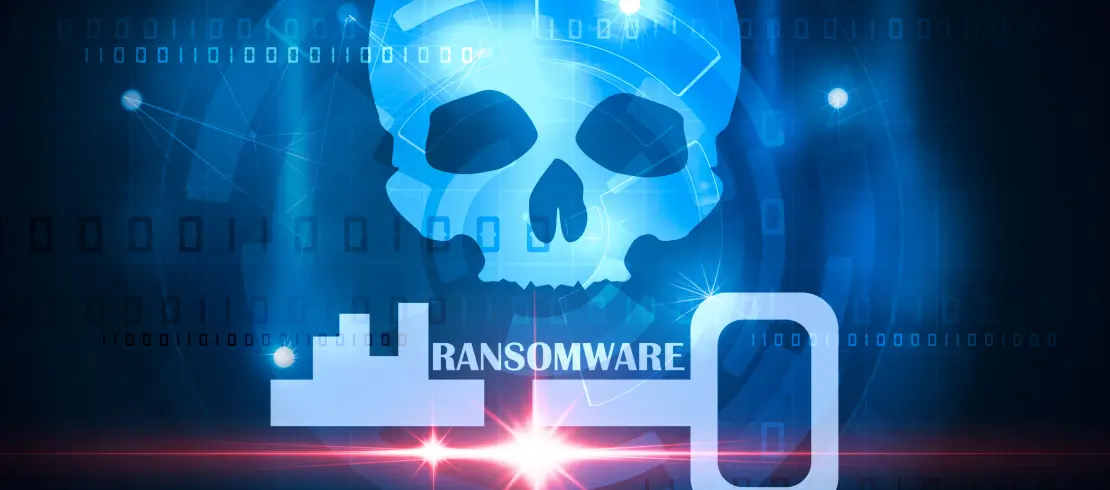When the COVID-19 pandemic sparked stay-at-home orders across the country, employers had to reconfigure how many workers did their jobs. Similarly, IT administrators had to adopt new strategies that could support remote work while maintaining the required level of security to keep business and customer data safe in expanded and off-site workspaces. These were temporary measures in response to an unprecedented global health crisis.
But recent studies suggest that a growing majority of workers support making remote work a permanent thing, or at least some kind of hybrid system. Many employers as well see greater value in remote work, either in reduced costs associated with brick-and-mortar office space, improved productivity, or a greater balance between work and life for employees already struggling with busy schedules.
Adopting a new framework for how employees do their jobs could effectively address many pressing issues for workers. Remote work eliminates long and frustrating commutes, helps reduce factors that contribute to global climate change, and gives workers more time with their families. But it also makes computer networks more vulnerable to attack by widening the area in which sensitive data is handled and stored.
How Popular Is Remote Work?
In short, making remote work (or some version of it) permanent is extremely popular among workers, and it’s gaining traction with employers as well. A recent report by Cybersecurity Insider found that a majority of companies surveyed still had more than 75% of their teams working remotely a year after COVID-19 lockdowns. Some 90% of organizations also say they are likely to continue working from home after COVID-19 restrictions are lifted because of increased productivity.
Workers themselves overwhelmingly support some permanent form of remote work, according to a survey by Harvard Business School. In that study, 81% of people surveyed either preferred full-time remote work or a hybrid schedule that would limit their time in the office. “This is something that people have wanted for a very long time and now that they’ve done it for a year and a half, they don’t want to go back,” said Kate Lister, president of Global Workplace Analytics, in an NBC report on remote work.
Cybersecurity Concerns about Remote Work
While recent research shows the growing popularity of remote work in some form, it also shows an escalating concern over effective cybersecurity for a remote workforce. Cybersecurity Insider found that 79% of organizations are concerned about increased cybersecurity risks associated with remote workers. Even after more than a year of implementing and trouble-shooting remote strategies during lockdown, companies still fear that they’re more vulnerable to cyberattack.
The Cybersecurity Insider report found that organizations had concerns about three principal issues related to new work-at-home employees. Some 68 percent said they were worried about data leaks through endpoints, while 59 percent said they were concerned about users accessing computer networks via unmanaged devices. About 54% said they were concerned about workers accessing networks outside the IT security perimeter with less anti-malware protections.
Comprehensive Data Security Solutions
Adapting to the emerging needs of a permanent remote or hybrid workforce will also require companies to rethink cybersecurity policies. The movement of sensitive or regulated corporate information between home and office has created new vulnerabilities. The 2021 Cyberthreat Defense Report by CyberEdge found that the number of organizations successfully targeted by cyberattacks in the last year rose 5.5% – the largest jump in six years.
SecureData has for more than a decade helped corporations, government agencies, critical industrial sectors, and small businesses meet current and evolving cybersecurity threats. Our comprehensive data security solutions address key points of concern for a remote workforce, from offline encrypted backups and portable storage to remote drive management and USB port-blocking technology that includes white-listing and black-listing features for unrivaled endpoint security.
In addition, SecureDrive devices come standard with a one-year subscription to our powerful drive-based DriveSecurity® (by ClevX®) antivirus that prevents the spread of malware through external storage drives. SecureDrive devices also come with a one-year subscription to our USBtoCloud® backup utility, which automatically backs up your USB drive to the Cloud service of your choice.
Whether your workforce is primarily remote, in-house, or somewhere in between, SecureData has cutting-edge solutions that keep even the most sensitive and regulated data safe from unauthorized access on the move or at rest.
















